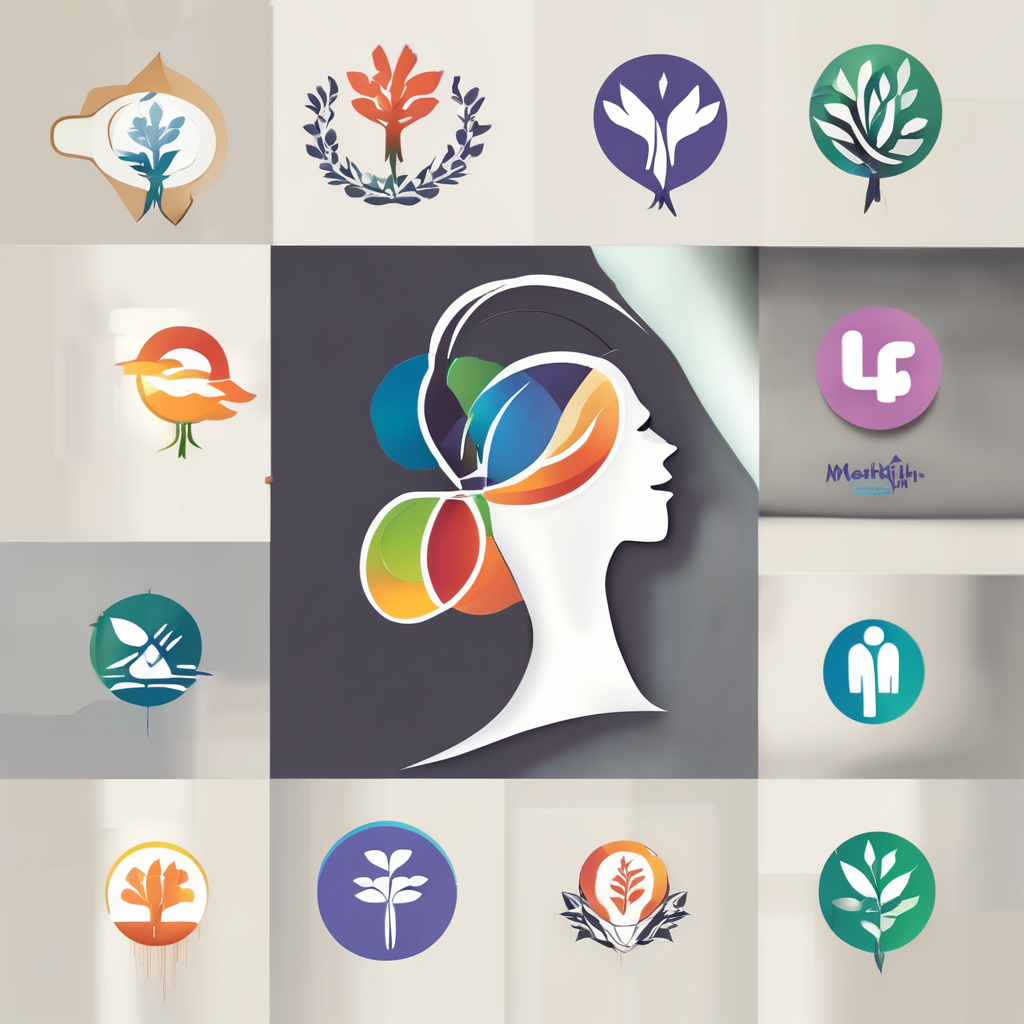Physical Benefits of Daily Yoga for Educators
Educators, often on their feet and bustling about throughout the day, can gain numerous physical health benefits from a regular yoga practice. One of the most notable is the improvement in flexibility and strength. These gains can help in reducing injuries and maintaining a robust physical stance required for teaching. Yoga poses gently elongate muscles, enhancing flexibility, while holding poses gradually builds strength.
Another significant yoga benefit is the enhancement of posture and reduction of physical strain. Many educators experience shoulder and back tension from hours of classroom interaction. Through yoga, especially poses that target the back and core, educators can refine their posture, thereby alleviating stress on their spine and reducing discomfort.
Also read : Can Daily Oatmeal Consumption Reduce Cholesterol in Adults Over 40 in the UK?
Moreover, increased energy levels throughout the teaching day are often reported by educators engaged in regular yoga sessions. A few minutes of morning yoga can invigorate the body, promoting alertness and endurance from morning classes to afternoon lessons. Their newfound vitality can translate into more dynamic teaching, encouraging a lively learning environment. Regular yoga practice for educators is a practical means of nurturing educator well-being by addressing these physical health aspects.
Mental Benefits of Daily Yoga for Educators
Daily yoga practice offers profound mental clarity and focus enhancements for educators. A significant benefit is the reduction of anxiety and stress levels. By integrating breathing techniques and mindfulness, yoga enables educators to navigate their day with a calmer mindset. As pressure mounts in the classroom, educators often seek ways to mitigate stress—yoga stands out for its holistic approach.
In the same genre : Discover Peace: How Daily Outdoor Walks Alleviate Anxiety for UK Residents
Enhanced concentration and focus during lessons are crucial for educators. When their mind is clear, they impart knowledge more effectively. Focused breathing and meditative aspects of yoga help sharpen concentration, allowing teachers to present material more engagingly. This sharpened concentration benefits not only educators but also their students, fostering a more interactive educational environment.
Moreover, improved problem-solving abilities for classroom challenges are another critical outcome. Regular yoga sessions enhance mental agility, helping educators think clearly and devise creative solutions. Whether addressing disruptive behaviour or adapting lesson plans on the fly, yoga-trained teachers often find themselves prepared to handle unexpected challenges with grace. Ultimately, integrating yoga into daily routines enriches educator mental well-being, providing them with tools to thrive in demanding educational settings.
Emotional Benefits of Daily Yoga for Educators
Daily yoga practice can significantly enhance emotional regulation for educators, providing a solid foundation for navigating classroom challenges. This practice nurtures emotional resilience, helping teachers to adapt more readily to fluctuating classroom dynamics and varied student needs. Yoga invites educators to cultivate a mindful awareness of their emotions, enabling them to respond thoughtfully rather than react impulsively.
Central to this is the promotion of mindfulness in classroom interactions. By incorporating mindfulness practices learned from yoga, educators can foster a more attentive and compassionate classroom atmosphere. Mindfulness techniques help focus attention on the present moment, reducing chances of emotional overreaction and promoting positive educational engagements.
Another critical aspect is the reduction in feelings of burnout and emotional fatigue. Regular yoga practice offers a structured form of self-care that counteracts the draining effects of teaching. Techniques learned here can serve as a buffer against exhaustion and provide a mental reset. This enhanced emotional well-being strengthens educators’ capacity to maintain their passion and enthusiasm for teaching, ensuring they remain effective and inspiring leaders in the educational field. Integrating yoga enriches educators’ emotional and professional lives, supporting a healthier educational environment.
Practical Tips for Incorporating Yoga into Daily Routines
Incorporating yoga into daily routines doesn’t require extensive time or resources, making it accessible for busy educators. Begin with simple yoga routines that can be seamlessly integrated during classroom breaks. A brief session of stretches or breathing exercises can serve as a reset button, rejuvenating both body and mind for the next teaching segment.
For a more structured approach, educators can try morning and evening practices. Morning yoga can set a positive tone for the day, energising educators for a dynamic teaching experience. Evening sessions can focus on relaxation and stress relief, aiding in winding down after a hectic day.
Utilising online resources and exploring local classes provides diverse options for yoga integration into daily life. Many platforms offer guided lessons tailored to specific needs, ensuring educators find routines that suit their schedules and goals.
Educators should also consider joining community groups or networks. These can offer valuable support and inspiration, encouraging the continuation of effective yoga practices and facilitating educator well-being. Integrating yoga into their schedules fosters a balanced lifestyle, promoting resilience and effectiveness in educational settings.
Testimonials from UK Educators
In the realm of educational well-being, educators’ experiences with yoga offer insightful perspectives. Numerous UK educators have shared transformative journeys, highlighting yoga’s profound impact on their professional and personal lives. One case study features a primary school teacher who incorporated daily yoga, finding significant stress relief and improved interactions with students. This educator noted, “Yoga has become my anchor, providing clarity and calm amidst the daily chaos.”
Quotes from fellow educators further emphasize yoga’s benefits. A secondary school teacher shares, “Integrating yoga into my routine helped me maintain balance and patience in demanding classroom situations.” Such testimonials underscore yoga’s potential to cultivate resilience and effectiveness in teaching.
Community engagement plays a vital role in sustaining yoga practices among educators. Peer support groups offer platforms for sharing experiences and tips, fostering a sense of belonging and collective growth. One educator remarked, “Our local yoga group is a tremendous source of encouragement and inspiration.” Engaging with like-minded educators enhances commitment to yoga, paving the way for sustained well-being and positive educational environments. Building a community around yoga in education bolsters support and enriches experiences, ultimately benefiting educators and students alike.
Addressing Stress and Burnout Through Yoga
For educators, stress management is crucial, as classroom environments often test patience and endurance. Yoga emerges as a beneficial tool to counteract educator burnout, blending physical and mental respite. By utilising yoga techniques such as rhythmic breathing and mindful movement, teachers can navigate stressful situations more effectively.
The long-term advantages of consistent yoga practice extend to significant improvements in mental health. Educators who integrate yoga into their lives routinely experience diminished stress levels and an increased capacity to handle daily pressures. When compared to traditional coping mechanisms—such as drinking caffeine or engaging in brief recreational activities—yoga solutions offer more sustainable relief.
Yoga’s holistic approach not only supports educators in managing immediate stressors but also fosters resilience over time. By committing to a regular yoga practice, educators develop a strong foundation for mental and emotional stability. This transformation radiates outward, enhancing overall well-being and job satisfaction. In turn, educators find themselves more present, compassionate, and effective in their teaching roles. Adopting yoga for stress management can ultimately reshape an educator’s relationship with their professional challenges, promoting a healthier, more balanced lifestyle.
Enhancing Classroom Engagement Through Yoga
Integrating yoga into classroom dynamics can revolutionise classroom engagement for students and educators alike. Let’s explore techniques for weaving yoga sessions effectively into student lessons. Starting with short, guided breathing exercises or simple stretches, educators can ease tension and set a calm, focused atmosphere conducive to learning.
Yoga in education presents tangible benefits for student attention and engagement. These brief sessions can boost alertness, enhance concentration, and contribute to better information retention. Additionally, as students become more centred, the classroom climate often shifts towards one where distractions are minimised and learning flourishes.
Beyond immediate impacts, fostering a positive classroom environment through mindfulness practices can have lasting effects. Students learn not only curriculum content but also the value of self-awareness and regulation. This holistic approach can lead to improved peer interactions and a supportive classroom atmosphere.
By thoughtfully incorporating yoga, educators can transform their classrooms into bustling hubs of focus and positivity, bridging the gap between academic success and personal growth. This dual benefit touches the lives of students while bolstering teachers’ satisfaction and purpose in their educational roles.
Resources for Local and Online Yoga Programs
Educators looking to enrich their yoga practice can explore various yoga resources available locally and online. Numerous local classes are tailored specifically for educators, offering flexible schedules to accommodate busy teaching lives. These classes highlight both physical and mental benefits, pairing educators with instructors who understand their unique challenges.
For more adaptable options, online platforms such as Yoga with Adriene and Glo offer an array of programs designed to fit into any routine. These platforms provide a variety of sessions, from brief, energising practices to in-depth masterclasses focusing on mindfulness and resilience. Such accessibility ensures educators can maintain a regular practice, regardless of their timetable constraints.
Additionally, joining community groups or online networks dedicated to yoga can offer tremendous support and inspiration. These groups serve as forums for sharing tips, experiences, and encouragement. Educators often find engagement within these communities not only enhances their yoga practice but also strengthens their commitment to wellness. By utilising these resources, educators can establish a sustainable routine that supports both personal growth and professional excellence.



